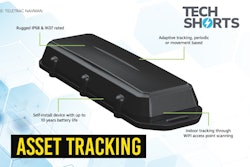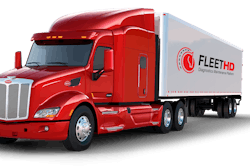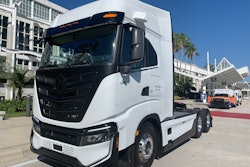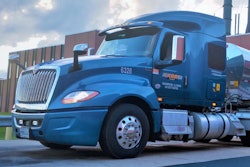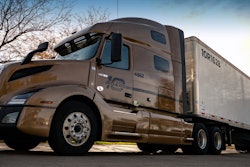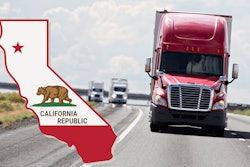Logistics and trucking operations have stepped up their technology game in recent years, adding AI to optimize driver workflows, back-office tasks, warehouse processes and more. But yard sites have often been placed on the backburner.
Though $10 trillion in goods are transported by truck or trailer each year in the U.S., according to the U.S. Census Bureau's Commodity Flow Survey, more than 90% of logistics yard sites lack sufficient technological enablement, according to from Terminal Industries.
“The yard is the last great frontier of untapped value in the supply chain and has historically been underinvested in,” said Terminal Industries CEO Darin Brannan. “Traditionally, many yard operations have relied on pen and paper and, in some instances, basic software tools. However, the Yard 2.0 is gaining considerable attention, and applied AI, specifically computer vision, represents a rare opportunity to connect all yards, make sense of the data of the yard, and by extension solve critical operational issues.”
Terminal Industries, an AI platform developer, last year launched a pilot with Ryder, using fixed cameras at the gate to automatically index and analyze trucks and trailers by capturing license plates and DOT numbers using Terminal’s computer-vision technology. It allowed Ryder to keep inventory of available equipment – an often time-consuming task that would result in bottlenecks, delays, increased driver and labor costs and idle assets – in an automated way, rather than the typical manual way. Mike Plasencia, group director at RyderVentures & New Product Strategy for Ryder, said in an update to CCJ that Ryder is in the process of implementing the technology at several sites following a successful pilot and continuing to develop new cases with Terminal that solve customer pain points.
Now Terminal has entered a new partnership with public safety technology company Flock Safety in which Terminal will use Flock’s cameras at logistics sites, including warehouses, fueling stations and yards.
“Our partnership with Flock Safety marks a significant step forward in the digitization and use of AI in logistics operations,” Brannan said. “By combining Flock’s advanced camera technology with Terminal’s AI-based platform, we’re providing logistics operators with a powerful solution to improve efficiency, reduce costs and enhance security and compliance.”
Brannan said Terminal’s goal is to deliver the highest quality analytics on a range of cameras with an emphasis on cost, deployability, scalability and more.
Flock’s cameras, which capture objective vehicle data, were designed with security in mind, but Terminal is using them in a different capacity. Terminal will deploy Flock’s cameras at logistics sites to replace manual recordkeeping of DOT, license plate, power unit and trailer numbers. This allows companies to identify and categorize assets entering and leaving the yard to optimize individual sites and understand overall trends.
“With the best-in-class computer vision and machine learning available in our camera hardware, Terminal will be able to help logistics partners streamline operations at any type of site, gaining a holistic picture of what vehicles are arriving at, moving around and exiting the site,” said Flock Safety Chief Technology Officer Davis Lukens.



